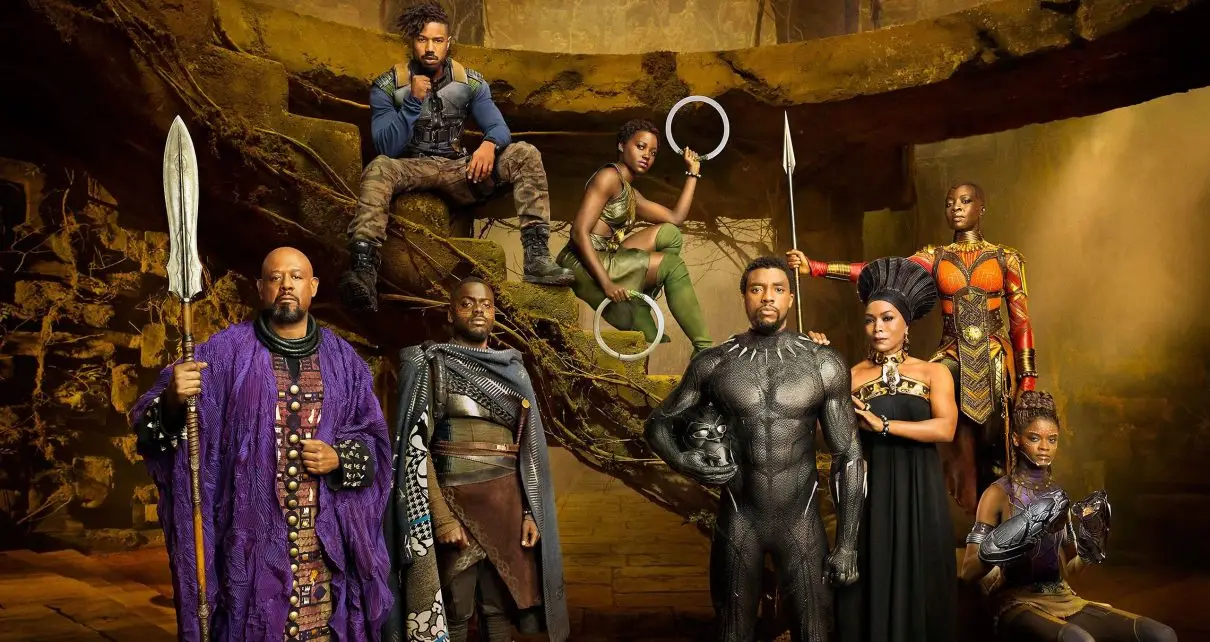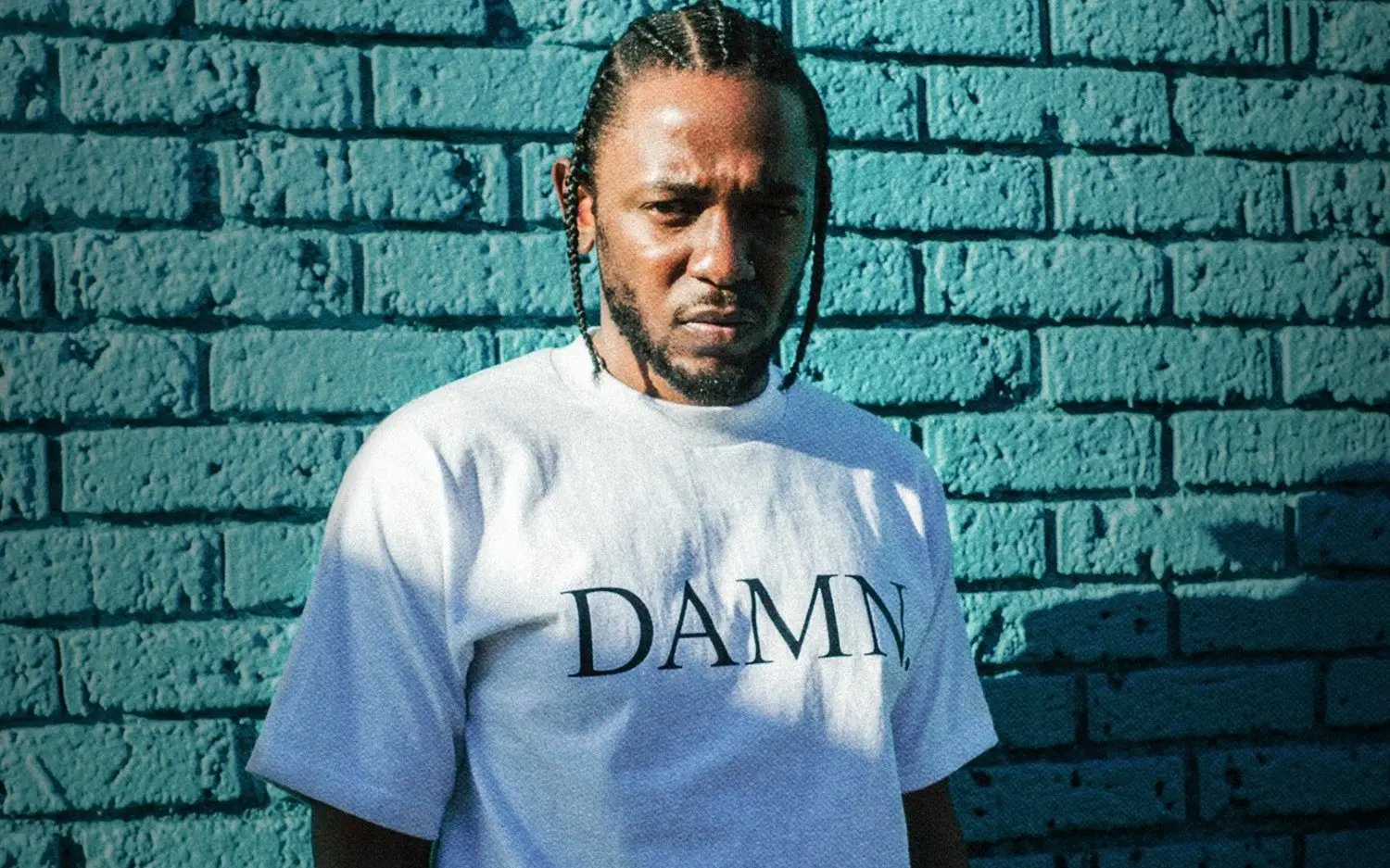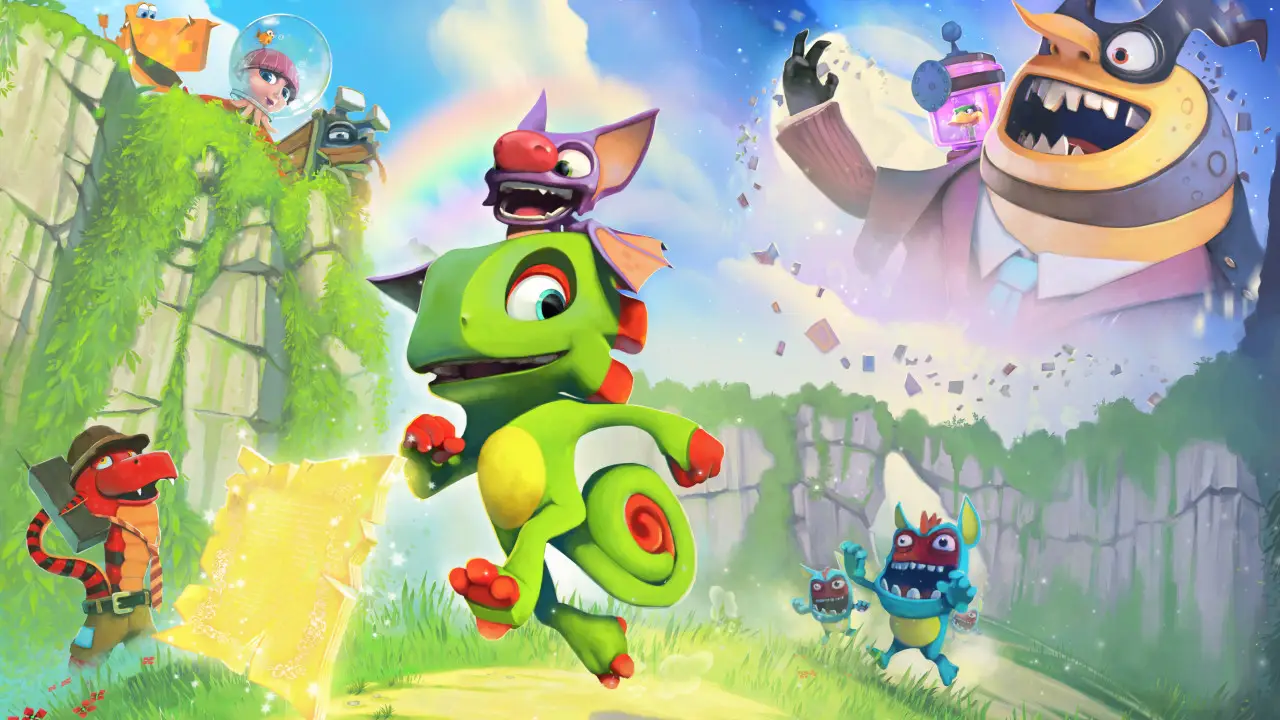Let me just start off by saying: you know it was a good movie when people clap and holler all throughout the film.
It is near impossible to be bored while watching T’Challa, King of Wakanda strive to protect his land. Killmonger, the film’s main villain plays a key role for both plot, but also representation and what it means to truly struggle.
Every moment of “Black Panther” is captivating for the suspense, action or humor; all of which work together to create Wakanda, its people and its traditions. The vibrant colors, costuming and minute details create an intricate, intriguing, highly advanced society within a real and thriving culture that was amazingly represented in the film.
But the vibrant colors of Wakanda were not the ones shining through. The all-black cast was an empowering aspect of the film on its own. It was a superhero movie rightly flipped with one or two Caucasian characters and powerful actors of color all around them.
“Black Panther” is a stepping stone toward better representation in western media, and a very solid one by both the film’s ratings and box office status. SNHU student Jasmine Tyrance, who is African American, felt proud about a “majority of the cast (being) black and them being portrayed in a positive spotlight with various strong characters, including KIllmonger, even as a very strong and complex villain.”
Along with the film’s mark of strong characters of color, it also carries strong women as well. Women warriors proved their strength time and time again in the film, fighting alongside each while also demonstrating their ability to rule and affect social change.
Women involved in technology were also represented. The non-sexualization of these characters was defining of the film as well, as they carried strength without having to pair it with anything stereotypically “feminine.”
Themes of suffering and the internal struggle both on the individual and community level were at play as well. They brought to light some of the suffering of African Americans, and as Jasmine Tyrance states, “police brutality and kind of some of the racism toward blacks even today.”
“Black Panther” had equality and representation within every shot. “Black Panther” truly has asked us, the people, what it is that we can do to make the struggle African Americans experience better.
With both African and African American actors, strong warrior women, women in technology and powerful well-rounded characters, no matter your background it is possible to relate to, and learn from, this stepping stone film. This movie alone is a call to action for all of us to make a change no matter how small.




